Every country’s got its bad guy stereotypes that often make it onto celluloid, but for Malaysia’s award-winning filmmaker Deepak Menon.
KUALA LUMPUR: Every country’s got its bad guy stereotypes that often make it onto celluloid, but for Malaysia’s award-winning filmmaker Deepak Menon, it’s high time ethnic Indians like himself were given a break.
“In some Malay films, they would stereotype an Indian ... doing dumb things. It disturbs me,” said the 28-year-old, whose films focus on the lives of ordinary Malaysians of Indian origin. “If I go into a shop to buy a pen, they think I want to steal it. That’s how bad the stereotype is,” he said.
Around 7% of Malaysia’s 26 million people are ethnic Indians, whose forefathers were brought to the Southeast Asian country as labourers by British colonial rulers.
Many in the community complain of racial discrimination, accusing the government of trying to wipe out their culture by imposing Islamic laws and demolishing Hindu temples.
Menon, who studied animation at a local university and grew up in an Indian dominated ghetto of Kuala Lumpur, said more could be done to make society colour-blind. “It’s not helping when you don’t have enough contact among the races. As long as you have a group of Indian guys in the car, you are up to no good. That’s the branding.”
Like his previous efforts, Menon’s latest film, Chalanggai (Dancing Bells), focuses on the challenges facing Indians such as lack of education, joblessness, dysfunctional family values and segregation. Set around Brickfields, a bustling Indian suburb in Kuala Lumpur, the story revolves around an 11-year-old Indian girl who aspires to be a dancer despite reservations by her mother.
Menon said the story was based on his own experiences growing up. By 18, he had lost several friends to motorcycle accidents, murders, suicides or drugs. Chalanggai’s modest $75,000 budget was partly funded by National Geographic. It won a special mention at this year’s Tokyo International Film Festival.
Menon said he had several new projects lined up, but added that the government continued to discriminate against non-Malay films.
![submenu-img]() Nagaland Lok Sabha Election Result 2024: Full list of winner and loser candidates will be announced soon
Nagaland Lok Sabha Election Result 2024: Full list of winner and loser candidates will be announced soon![submenu-img]() Meghalaya Lok Sabha Election Result 2024: Full list of winner and loser candidates will be announced Soon
Meghalaya Lok Sabha Election Result 2024: Full list of winner and loser candidates will be announced Soon![submenu-img]() Delhi Lok Sabha Election Results 2024: Full List of Winner and Loser Candidates will be announced Soon
Delhi Lok Sabha Election Results 2024: Full List of Winner and Loser Candidates will be announced Soon![submenu-img]() Varun Dhawan, Natasha Dalal blessed with a baby girl, grandfather David Dhawan shares good news
Varun Dhawan, Natasha Dalal blessed with a baby girl, grandfather David Dhawan shares good news![submenu-img]() DNA TV Show: Opposition rejects exit polls results, demands counting of postal ballots first
DNA TV Show: Opposition rejects exit polls results, demands counting of postal ballots first![submenu-img]() Meet man who won medals for India in bodybuilding, cracked UPSC in 1st attempt, resigned as IRS after 10 years due to...
Meet man who won medals for India in bodybuilding, cracked UPSC in 1st attempt, resigned as IRS after 10 years due to...![submenu-img]() IIT-JEE topper with AIR 1 joins IIT Bombay, gets job at NASA as scientist, leaves to work as…
IIT-JEE topper with AIR 1 joins IIT Bombay, gets job at NASA as scientist, leaves to work as…![submenu-img]() Meet man who grew up in orphanage, began working at 10 as cleaner, delivery boy, then became IAS officer, is posted at..
Meet man who grew up in orphanage, began working at 10 as cleaner, delivery boy, then became IAS officer, is posted at..![submenu-img]() Meet UPSC topper who cleared JEE Advanced, went to IIT Kanpur, left high-paying job to become IPS officer, secured AIR..
Meet UPSC topper who cleared JEE Advanced, went to IIT Kanpur, left high-paying job to become IPS officer, secured AIR..![submenu-img]() Meet woman who cracked UPSC exam twice, left IPS to become an IAS officer, secured AIR...
Meet woman who cracked UPSC exam twice, left IPS to become an IAS officer, secured AIR...![submenu-img]() DNA Verified: Did Kangana Ranaut party with gangster Abu Salem? Actress reveals who's with her in viral photo
DNA Verified: Did Kangana Ranaut party with gangster Abu Salem? Actress reveals who's with her in viral photo![submenu-img]() DNA Verified: New Delhi Railway Station to be closed for 4 years? Know the truth here
DNA Verified: New Delhi Railway Station to be closed for 4 years? Know the truth here![submenu-img]() DNA Verified: Did RSS chief Mohan Bhagwat praise Congress during Lok Sabha Elections 2024? Know the truth here
DNA Verified: Did RSS chief Mohan Bhagwat praise Congress during Lok Sabha Elections 2024? Know the truth here![submenu-img]() DNA Verified: Is CAA an anti-Muslim law? Centre terms news report as 'misleading'
DNA Verified: Is CAA an anti-Muslim law? Centre terms news report as 'misleading'![submenu-img]() DNA Verified: Lok Sabha Elections 2024 to be held on April 19? Know truth behind viral message
DNA Verified: Lok Sabha Elections 2024 to be held on April 19? Know truth behind viral message![submenu-img]() Lok Sabha Elections 2024: What are exit polls? When and how are they conducted?
Lok Sabha Elections 2024: What are exit polls? When and how are they conducted?![submenu-img]() DNA Explainer: Why was Iranian president Ebrahim Raisi, killed in helicopter crash, regarded as ‘Butcher of Tehran’?
DNA Explainer: Why was Iranian president Ebrahim Raisi, killed in helicopter crash, regarded as ‘Butcher of Tehran’?![submenu-img]() DNA Explainer: Why did deceased Iranian President Ebrahim Raisi wear black turban?
DNA Explainer: Why did deceased Iranian President Ebrahim Raisi wear black turban?![submenu-img]() Iran President Ebrahim Raisi's death: Will it impact gold, oil prices and stock markets?
Iran President Ebrahim Raisi's death: Will it impact gold, oil prices and stock markets?![submenu-img]() Haryana Political Crisis: Will 3 independent MLAs support withdrawal impact the present Nayab Saini led-BJP government?
Haryana Political Crisis: Will 3 independent MLAs support withdrawal impact the present Nayab Saini led-BJP government?![submenu-img]() Varun Dhawan, Natasha Dalal blessed with a baby girl, grandfather David Dhawan shares good news
Varun Dhawan, Natasha Dalal blessed with a baby girl, grandfather David Dhawan shares good news![submenu-img]() Natasa Stankovic's friend Aleksandar Ilic slams troll saying he broke her marriage with Hardik Pandya: 'Should I...'
Natasa Stankovic's friend Aleksandar Ilic slams troll saying he broke her marriage with Hardik Pandya: 'Should I...'![submenu-img]() Neha Sharma reveals if her father's political career has backfired on her in Bollywood: 'I am not here to promote...'
Neha Sharma reveals if her father's political career has backfired on her in Bollywood: 'I am not here to promote...'![submenu-img]() Venom The Last Dance trailer: Tom Hardy and his symbiote fight aliens in trilogy's finale, film to release on...
Venom The Last Dance trailer: Tom Hardy and his symbiote fight aliens in trilogy's finale, film to release on...![submenu-img]() Ammy Virk defends Diljit Dosanjh's decision to not wear a turban in Amar Singh Chamkila: 'You can't stop the trolls'
Ammy Virk defends Diljit Dosanjh's decision to not wear a turban in Amar Singh Chamkila: 'You can't stop the trolls'![submenu-img]() Watch viral video: Isha Ambani stuns during Anant Ambani and Radhika Merchant's pre-wedding celebrations in Italy
Watch viral video: Isha Ambani stuns during Anant Ambani and Radhika Merchant's pre-wedding celebrations in Italy![submenu-img]() Former air hostess reveals harsh realities of flight attendant job, says 'people think...'
Former air hostess reveals harsh realities of flight attendant job, says 'people think...'![submenu-img]() 'Egg fry or fish fry': Viral video shows egg dish looking like goldfish; watch
'Egg fry or fish fry': Viral video shows egg dish looking like goldfish; watch![submenu-img]() Viral: IndiGo crew protects passengers from rain, watch heartwarming video
Viral: IndiGo crew protects passengers from rain, watch heartwarming video![submenu-img]() This variety of mango costs Rs 2.50-3 lakh a kg, know why
This variety of mango costs Rs 2.50-3 lakh a kg, know why



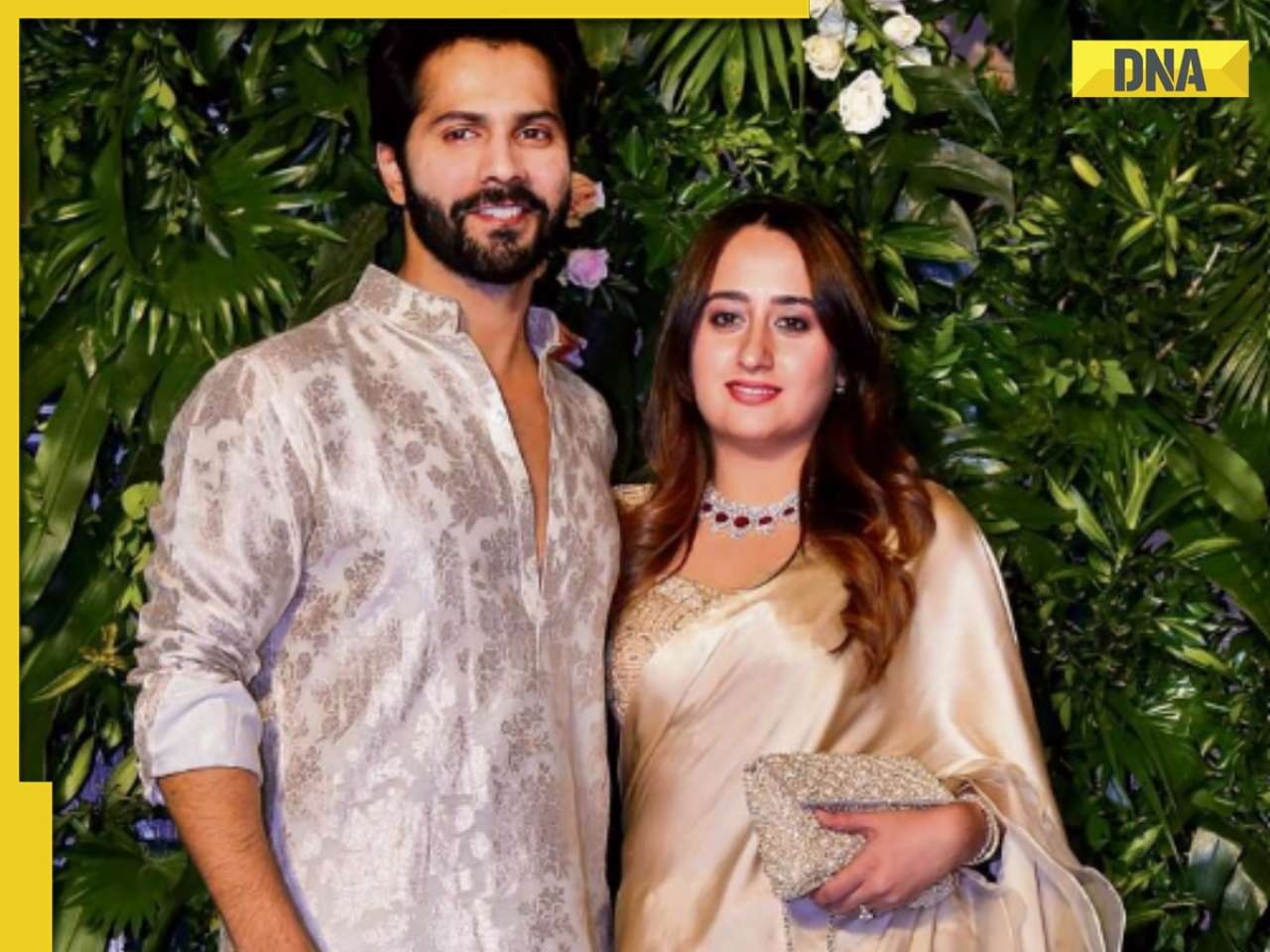






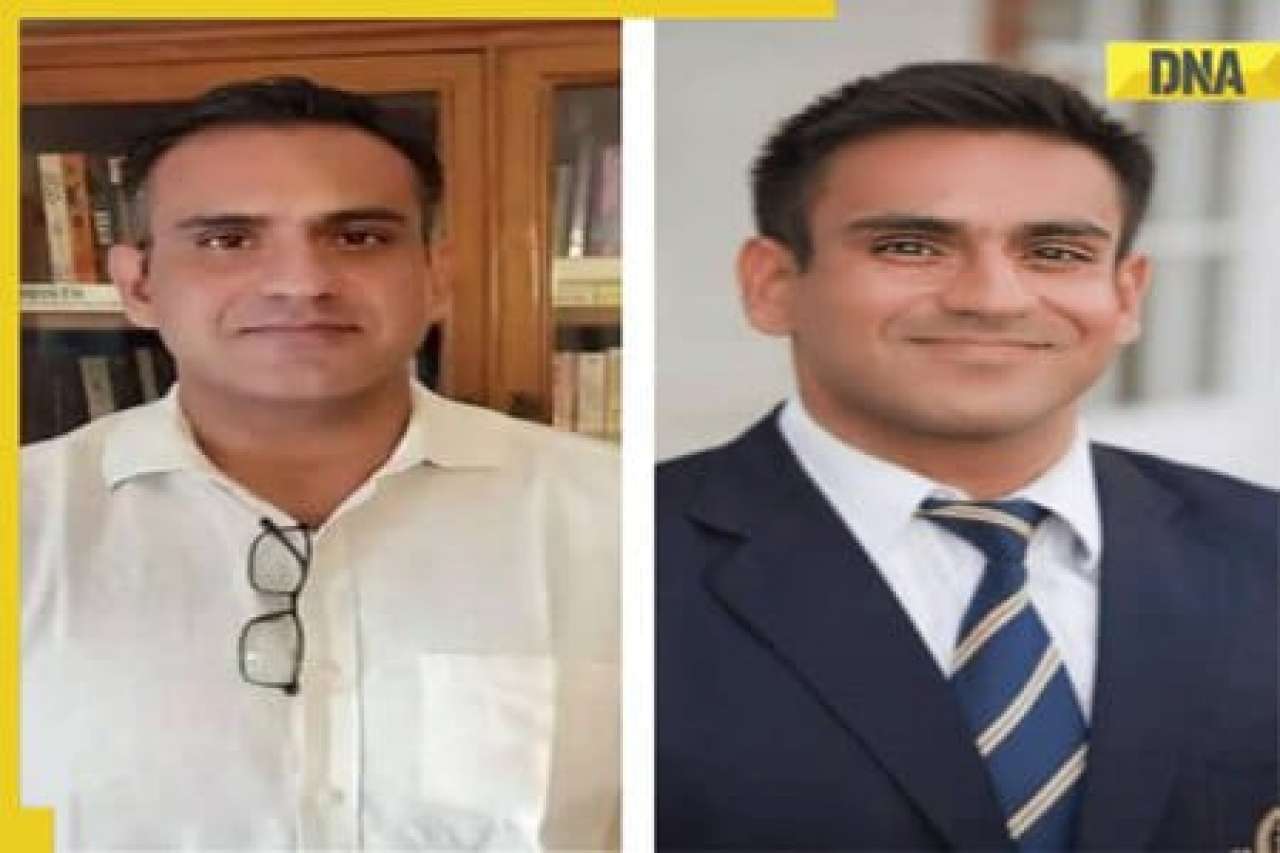

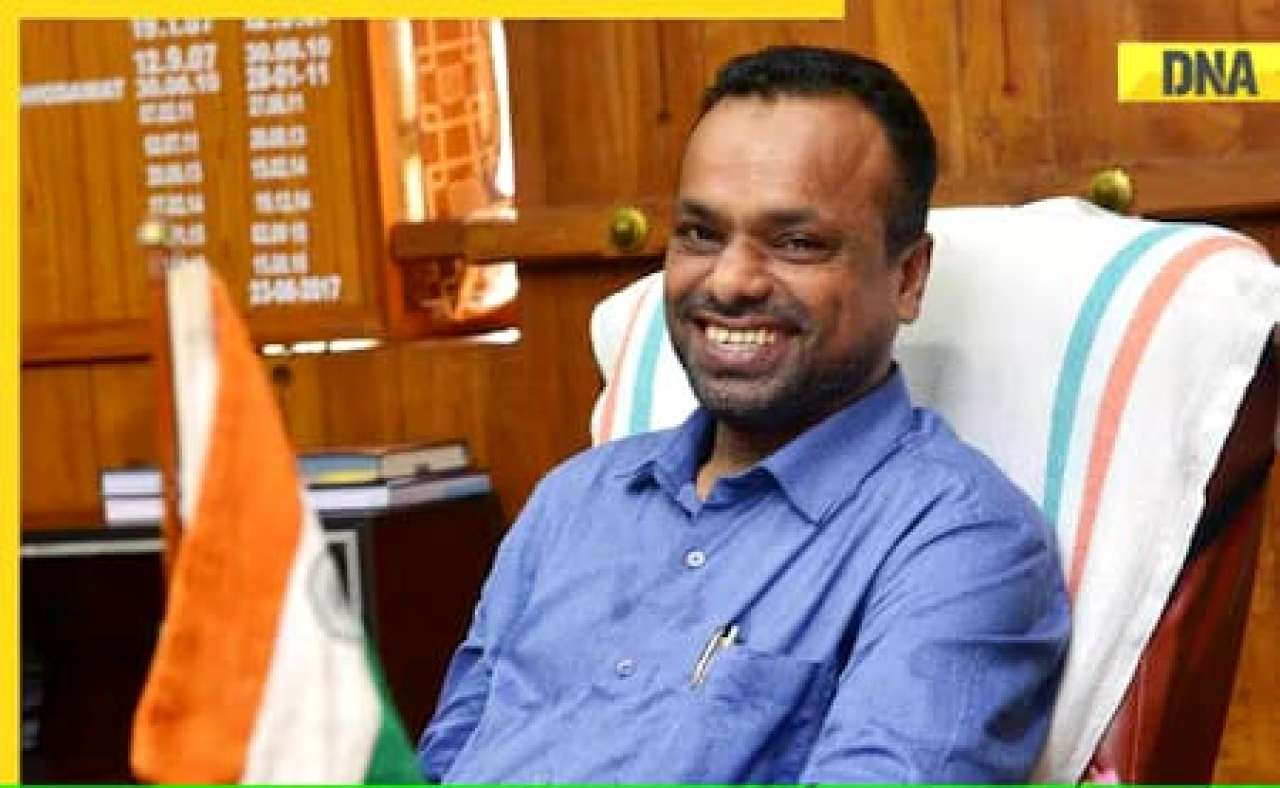

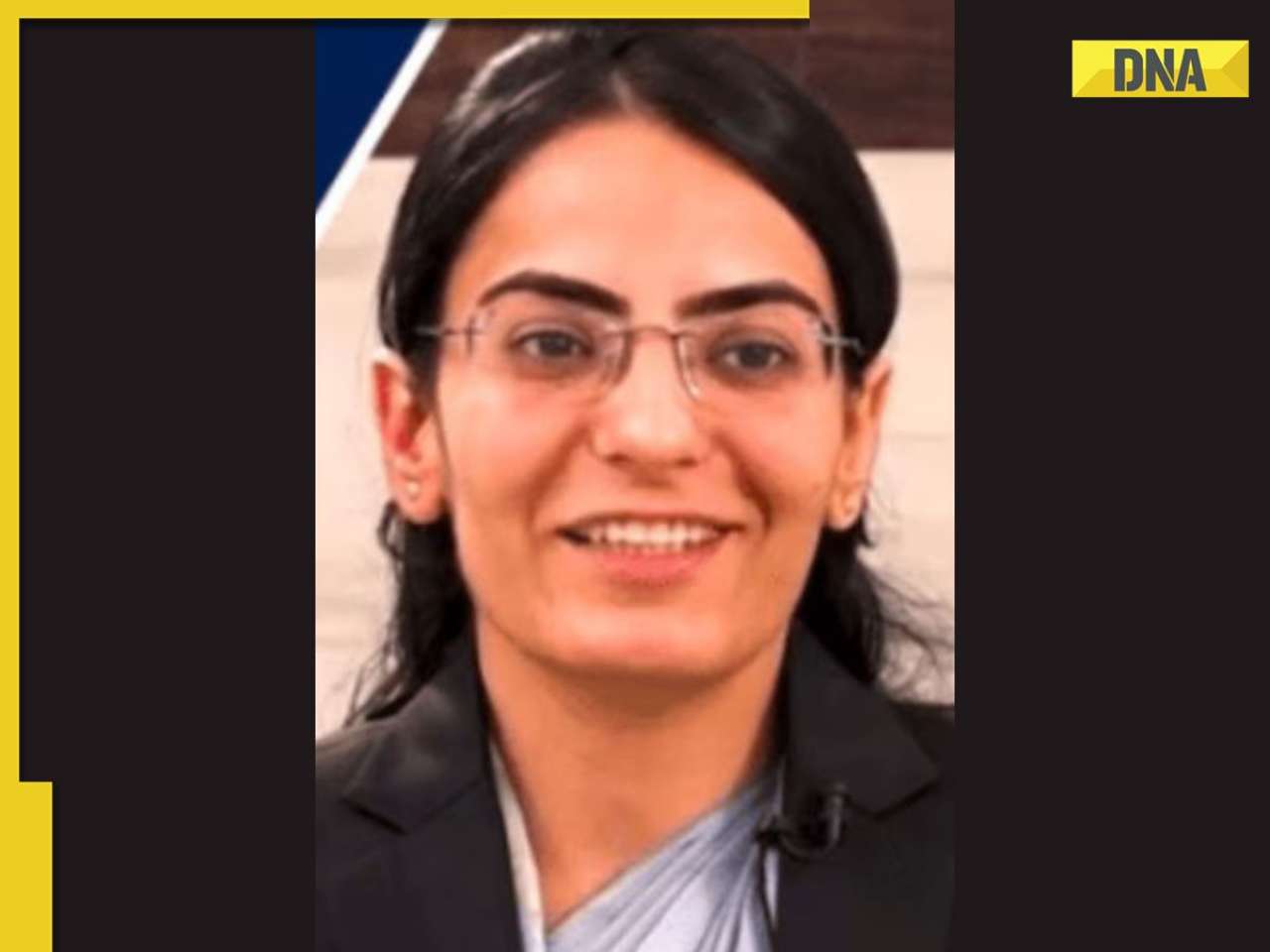





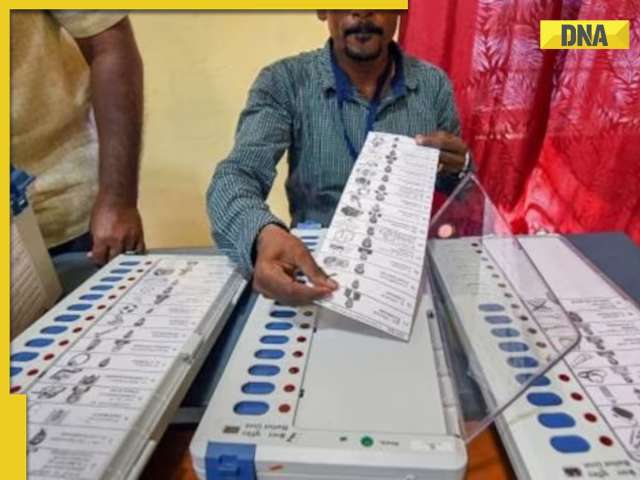
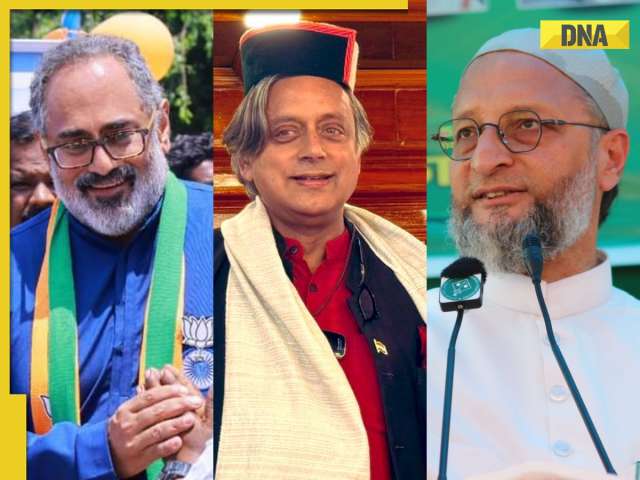
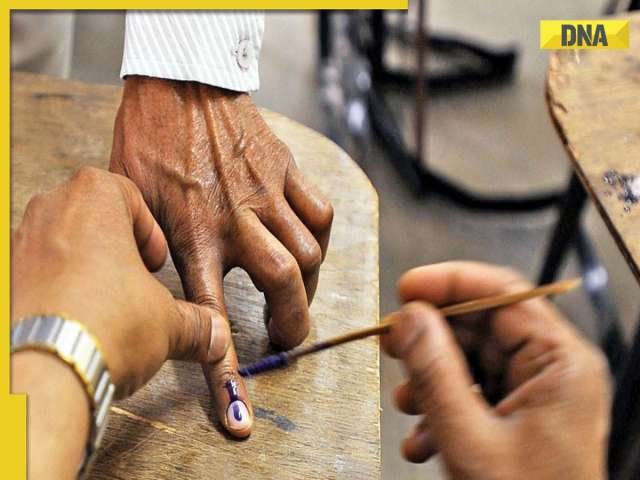










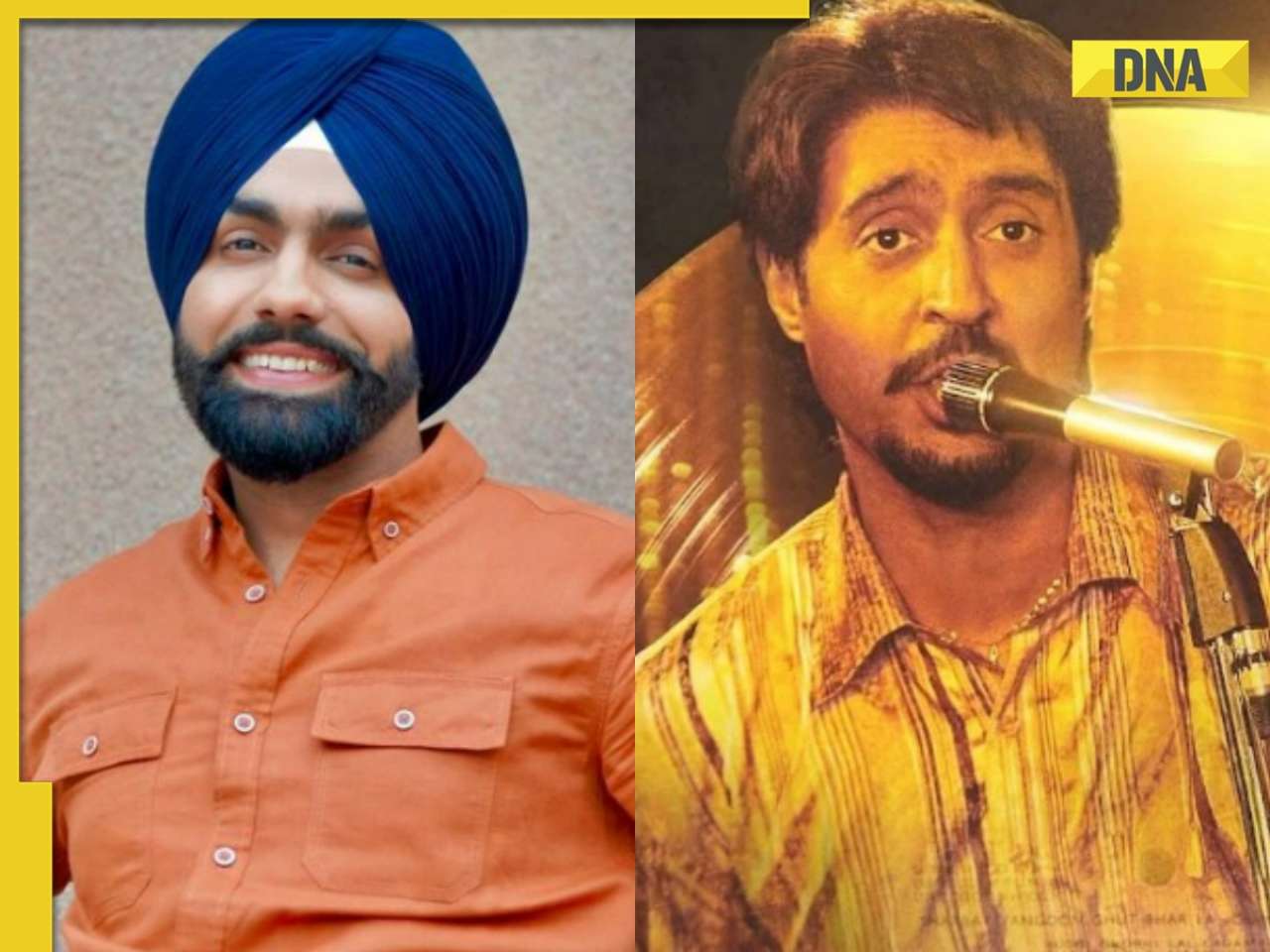









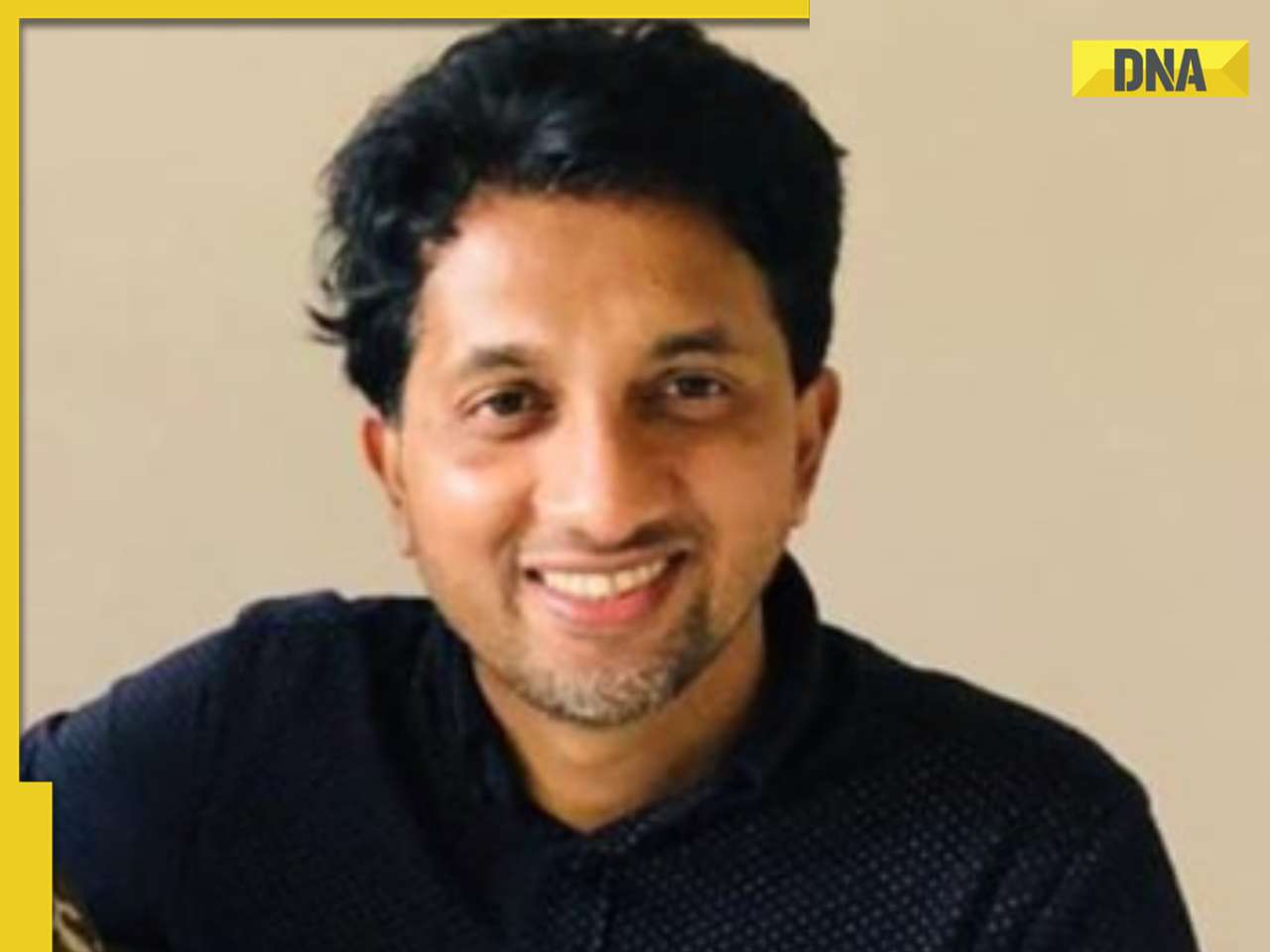
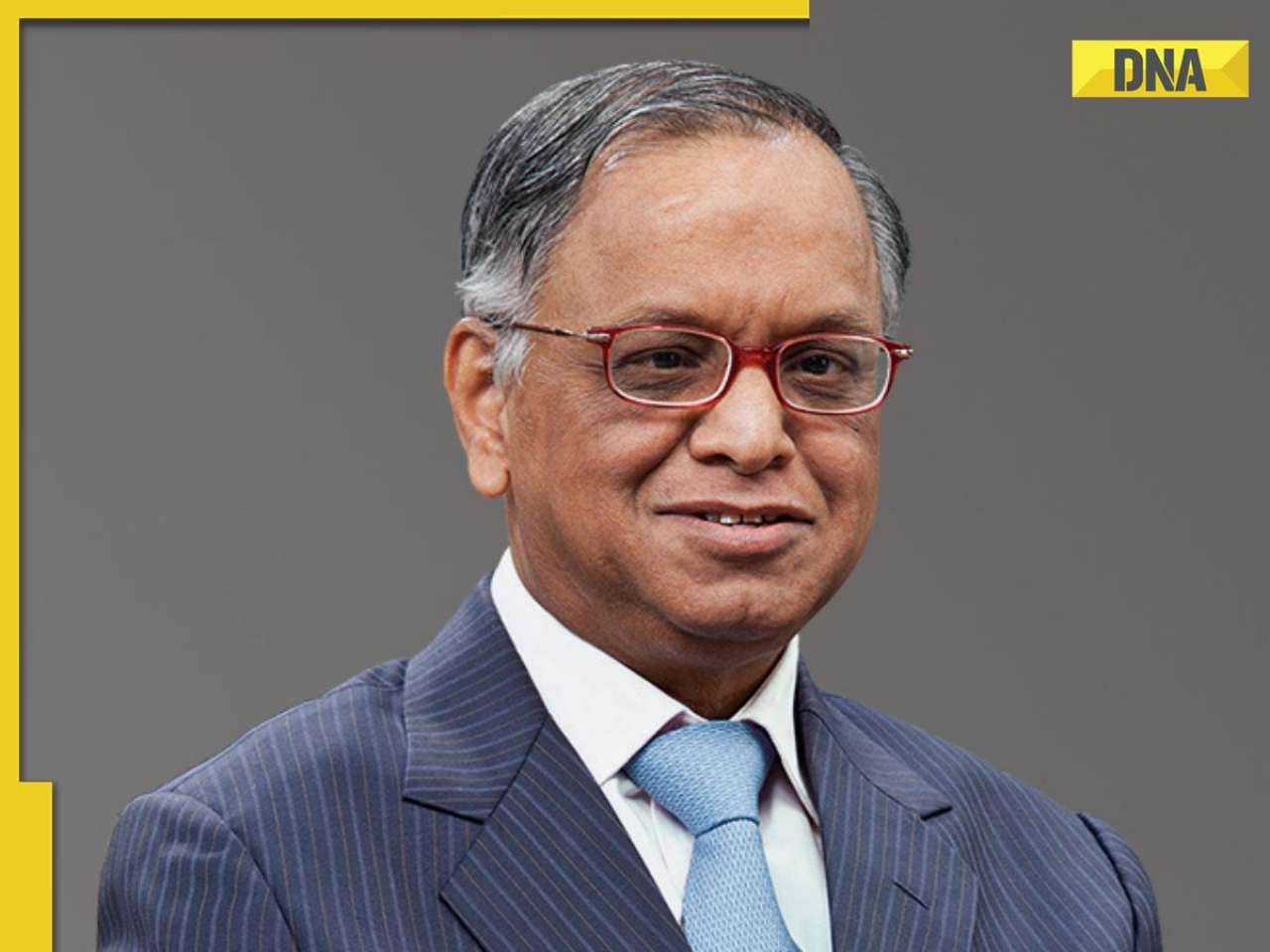
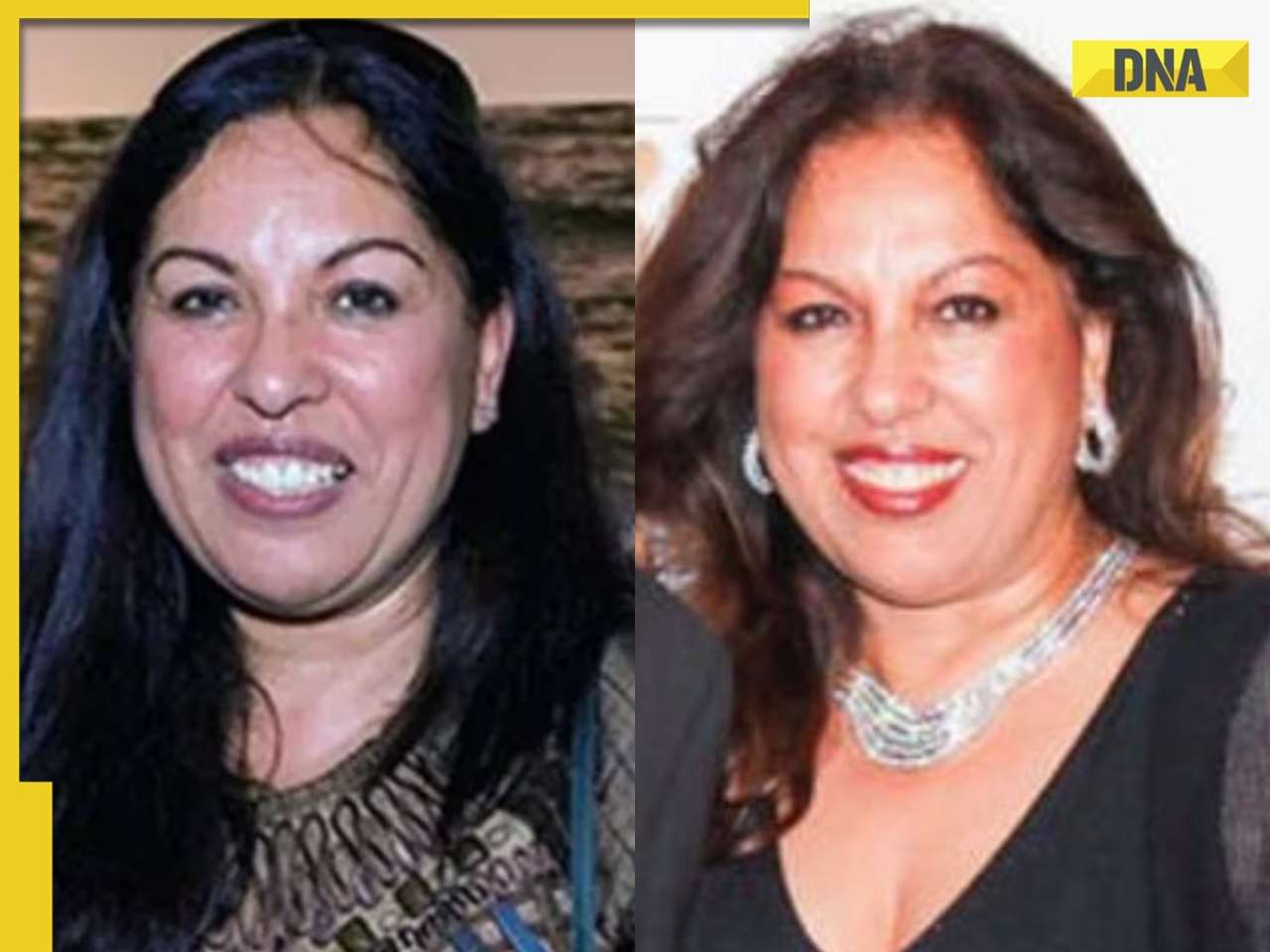
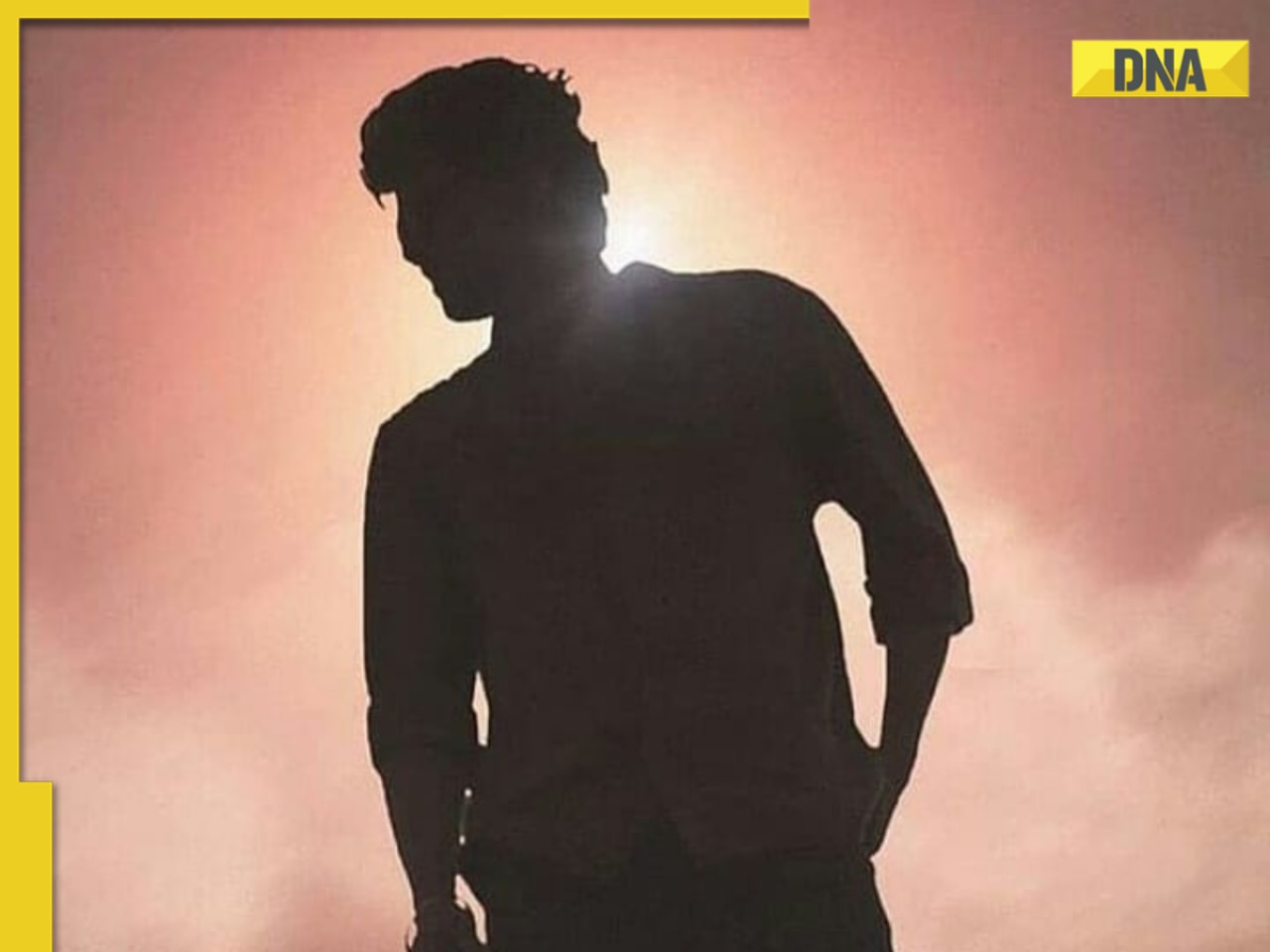

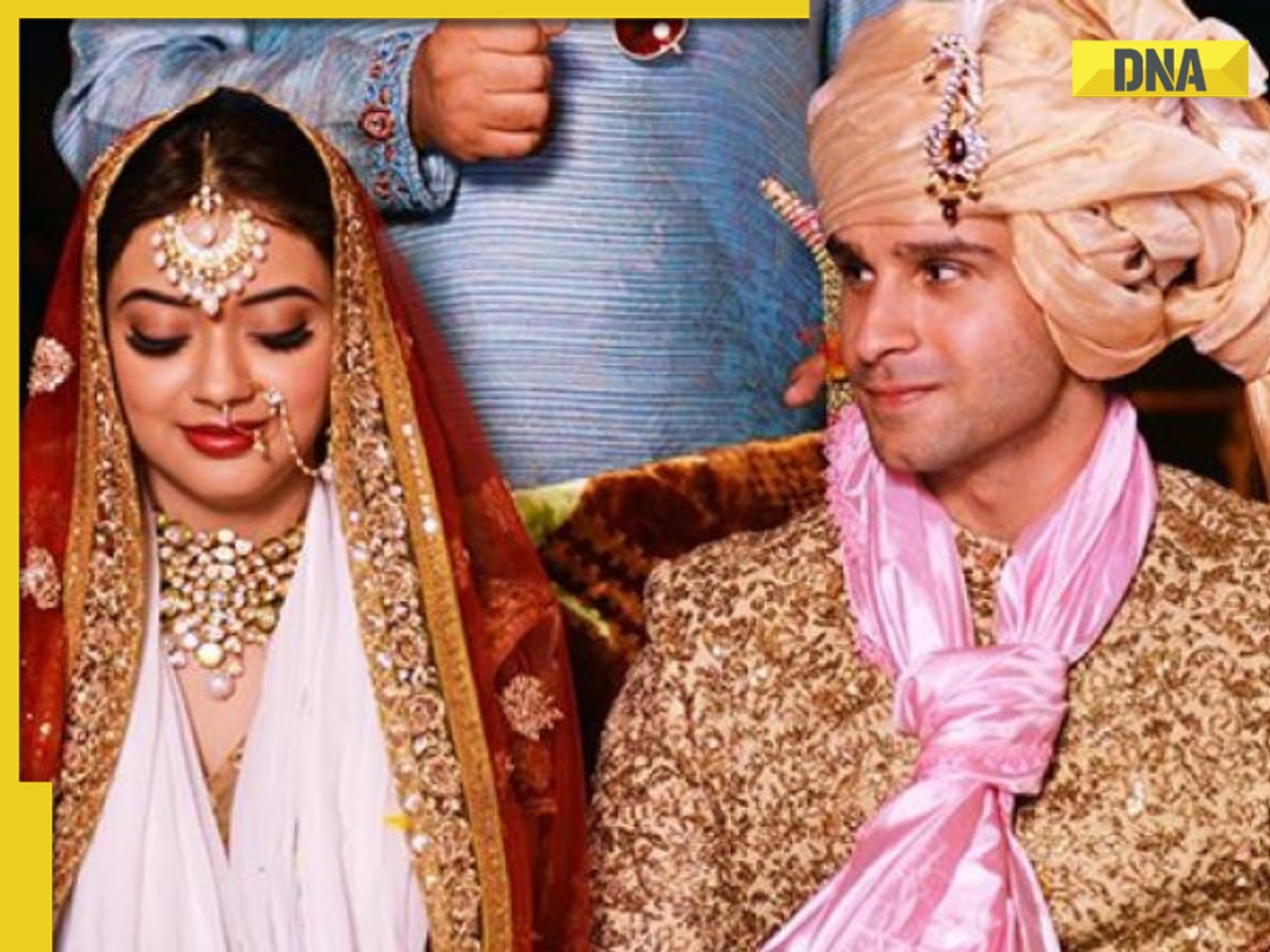
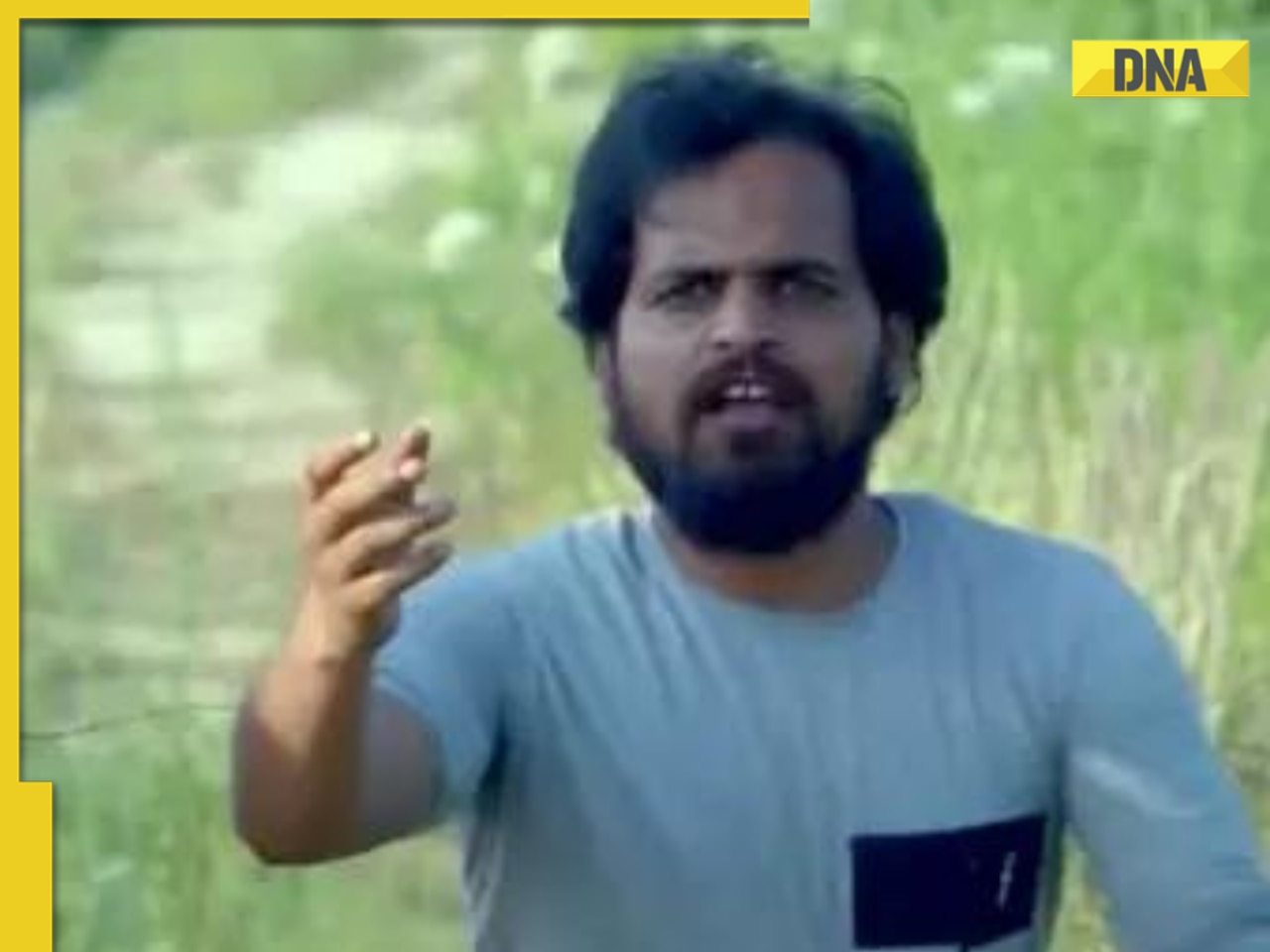

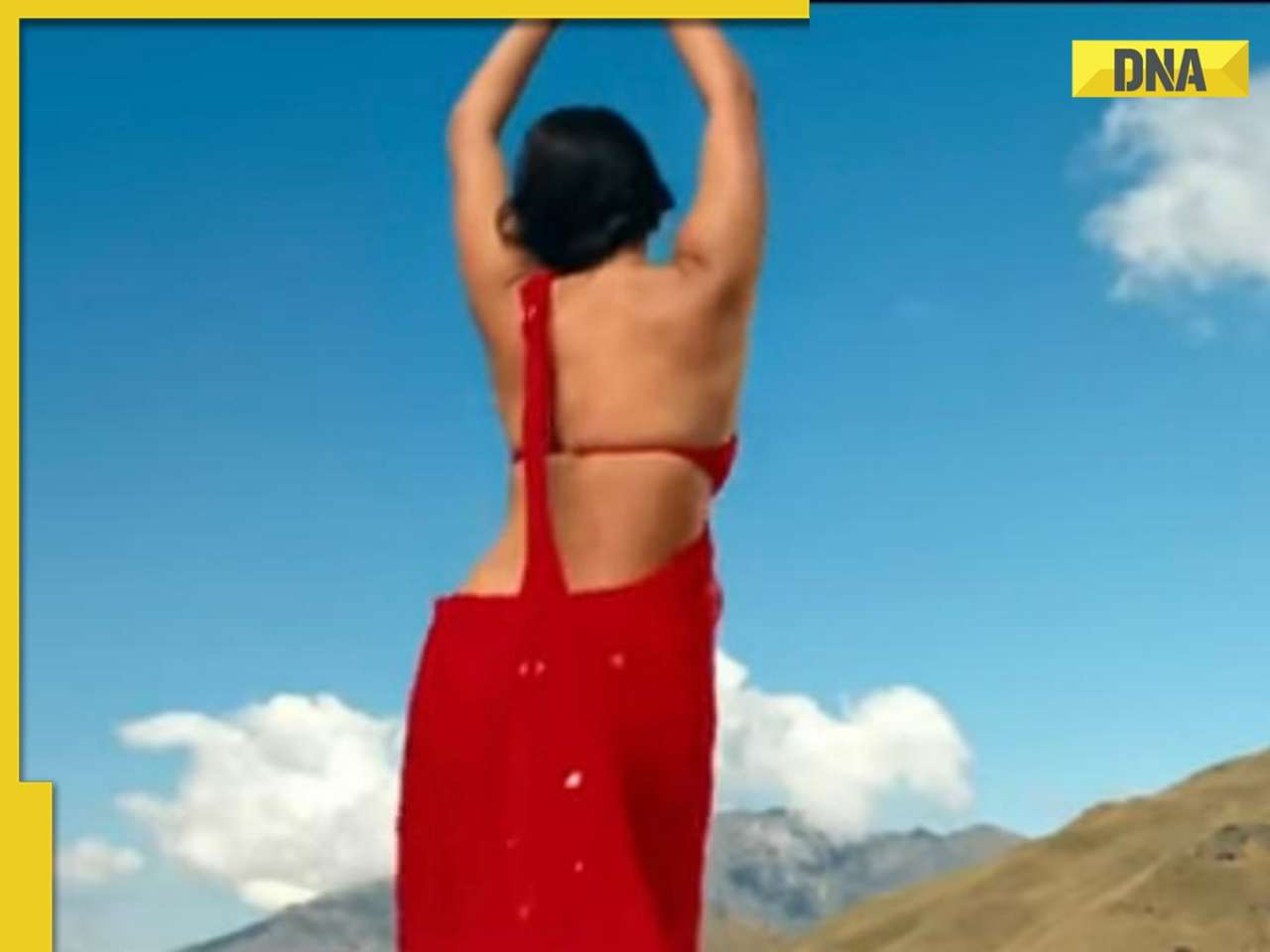






)
)
)
)
)
)